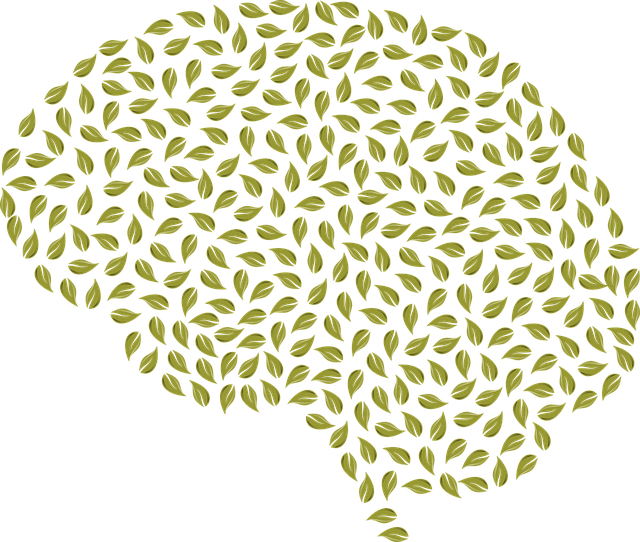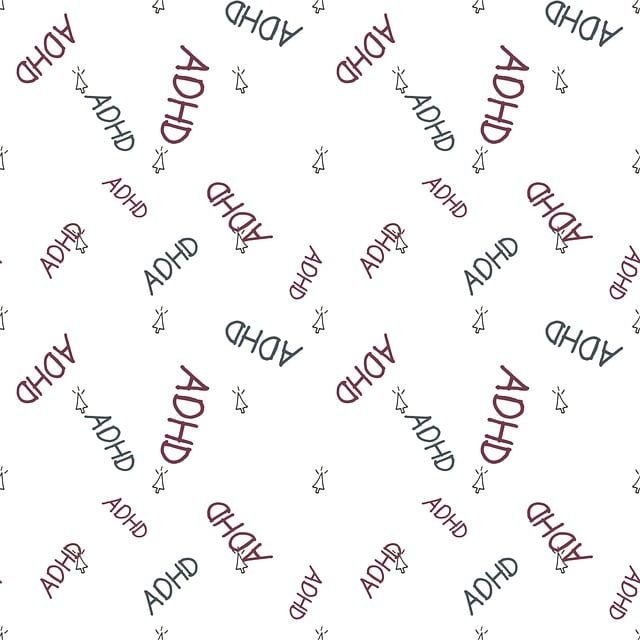Aurora EMDR Certified Therapy empowers mental health professionals to effectively assess and treat deep-seated psychological issues through evidence-based Eye Movement Desensitization and Reprocessing (EMDR) techniques. By combining qualitative and quantitative evaluation methods, the program holistically measures success in areas like confidence boosting, social skills training, and self-awareness exercises. This data-driven approach ensures continuous improvement, aligning outcomes with goals for enhanced mental wellness support.
Mental wellness program evaluation is a vital component of comprehensive healthcare. This article explores effective methods, focusing on the unique framework of Aurora EMDR Certified Therapy as a powerful tool for mental health assessment. We delve into strategies that measure success and highlight key metrics for evaluating initiatives aimed at fostering holistic well-being. By understanding these techniques, professionals can optimize programs, ensuring positive outcomes for individuals seeking mental wellness support.
- Understanding Aurora EMDR Certified Therapy: A Framework for Mental Health Evaluation
- Effective Program Evaluation Techniques for Comprehensive Wellness Initiatives
- Measuring Success: Metrics and Tools for Assessing Mental Wellness Programs
Understanding Aurora EMDR Certified Therapy: A Framework for Mental Health Evaluation

Aurora EMDR Certified Therapy offers a comprehensive framework for evaluating mental wellness programs. This therapeutic approach leverages Eye Movement Desensitization and Reprocessing (EMDR) techniques to help individuals process traumatic memories and promote positive thinking patterns, thereby boosting confidence. By integrating this evidence-based method into program assessments, mental health professionals can conduct thorough risk assessments and tailor interventions effectively.
The Aurora EMDR methodology provides a structured pathway to explore an individual’s psychological landscape, identifying and addressing deep-seated issues that may hinder their overall well-being. This certification equips practitioners with the skills to assess and treat complex mental health concerns, ensuring more effective program evaluations and improved outcomes for clients.
Effective Program Evaluation Techniques for Comprehensive Wellness Initiatives

Effective program evaluation is paramount for comprehensive mental wellness initiatives to ensure they meet their intended goals and bring about positive changes in participants’ lives. For Aurora EMDR Certified Therapy programs, employing a multi-faceted approach can yield powerful insights. This includes both qualitative and quantitative methods, such as participant surveys, interviews, and focus groups, which capture firsthand experiences and perceptions. By integrating these techniques, program evaluators can assess the impact on various aspects like confidence boosting, social skills training, and self-awareness exercises.
Moreover, observing direct interactions during group sessions or one-on-one therapy provides valuable contextual information. Reviewing treatment records, client progress notes, and feedback from therapists offers a deeper understanding of individual journeys. This comprehensive evaluation allows for data-driven adjustments, ensuring the program’s continuous improvement and better alignment with participants’ evolving needs.
Measuring Success: Metrics and Tools for Assessing Mental Wellness Programs

Measuring success is a critical component of evaluating any mental wellness program, including those offering Aurora EMDR Certified Therapy. To accurately assess the impact and effectiveness, several key metrics and tools can be employed. These include self-reported surveys that gauge participants’ perceptions of their emotional well-being, mental health symptoms, and overall life satisfaction. Additionally, clinical assessments conducted by trained professionals can provide objective data on changes in psychological functioning, such as those facilitated through conflict resolution techniques or emotional healing processes.
Complementing these methods, qualitative feedback from both participants and therapists offers valuable insights into the program’s strengths and areas for improvement. This may involve focus groups, interviews, or open-ended questions within survey instruments. By combining quantitative metrics with qualitative data, evaluators can gain a holistic understanding of the program’s impact, ensuring that outcomes align with the intended goals, whether focusing on enhancing social skills training or providing comprehensive mental wellness support.
Aurora EMDR Certified Therapy offers a comprehensive framework for evaluating mental wellness programs, ensuring effective treatment and improved patient outcomes. By employing techniques such as detailed assessment tools, qualitative feedback methods, and standardized metrics, initiatives can be tailored to meet individual needs. This multi-faceted approach allows for continuous improvement, fostering better mental health outcomes in a dynamic and evolving landscape of wellness care.














